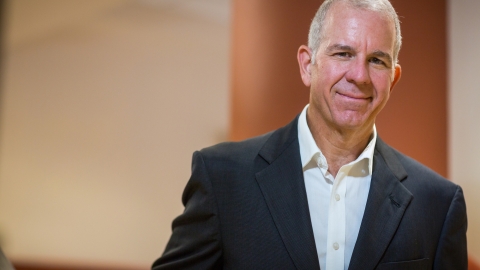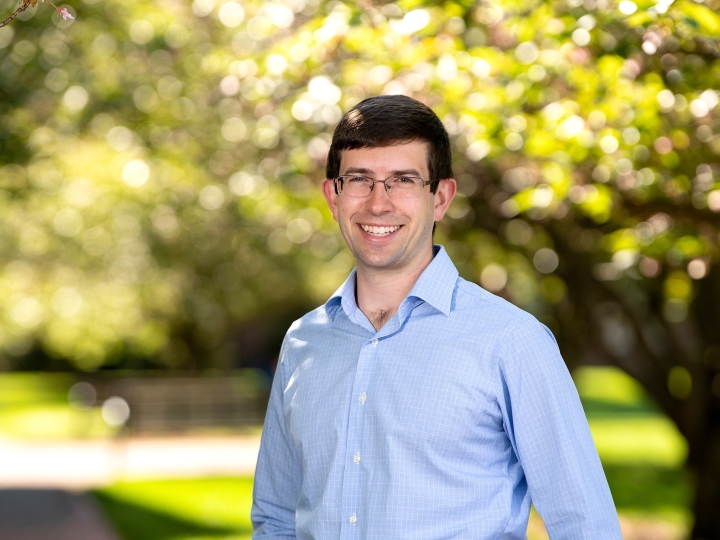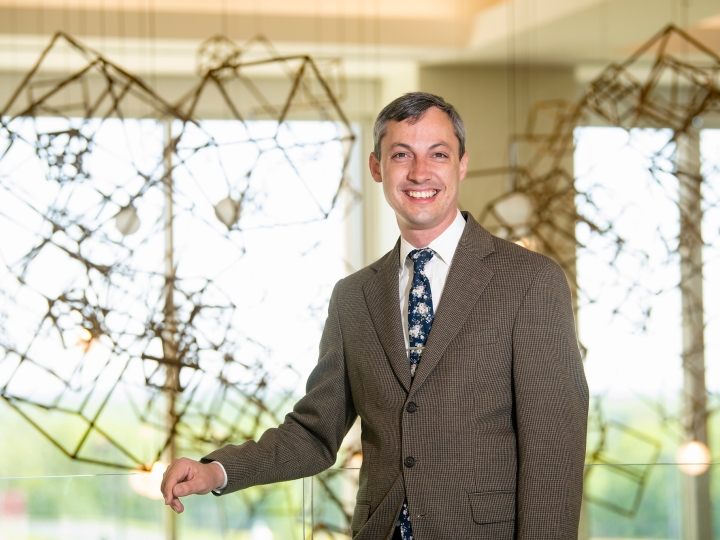
Neil Boyd, Management
July 30, 2019
When we consider the sustainability of an organization, future managers have to learn how to successfully balance three bottom lines — financial, environmental and social. One is not more important than the other.
To succeed as managers, today's students must understand social sustainability. It's part of triple bottom-line thinking and a key component of 21st-century management, says Professor Neil Boyd, management.
"When we consider the sustainability of an organization, future managers have to learn how to successfully balance three bottom lines — financial, environmental and social. One is not more important than the other," says Boyd, who teaches in the Managing for Sustainability program within Bucknell's Kenneth W. Freeman College of Management. "They need to balance triple bottom lines — from the supply chain to operations to downstream impacts on customers and society.” The students in Boyd's classes learn how to integrate this type of 21st-century management thinking into organizational settings, and his senior capstone students put this into practice when they consult with community groups and businesses.
Boyd researches the relationship between community experiences within organizations and employee engagement. "If I feel like I'm part of a community at work, that helps my psychological well-being, If I feel responsible for my community, it tends to drive my engagement at work. Community experiences help workers become leaders and help them exhibit organizational citizenship behaviors, meaning they give back to the organization and those around them."
Boyd says human resource departments and executive leadership of firms are primarily responsible for designing organizations that create a sense of community at work. "Workers need to feel like they are a member, that they have shared emotional experiences and that their needs are met, and that requires HR intervention. It's one of the most important social sustainability agendas in organizations today."
Some companies, such as those on the Forbes 100 Best Places to Work list, do this very well. Employees receive good pay and benefits but are also frequently asked how they feel their organizations are operating.
"Managers who frequently talk to their employees, ask their opinions and provide praise will have employees who feel like they are making a difference, and are part of a process of designing an organization that has positive community experiences,” Boyd says. “Managers should be good listeners and good communicators, and provide guidance as necessary but not get in the way of creativity. The result will be the long-term sustainability of a really cohesive workforce."

